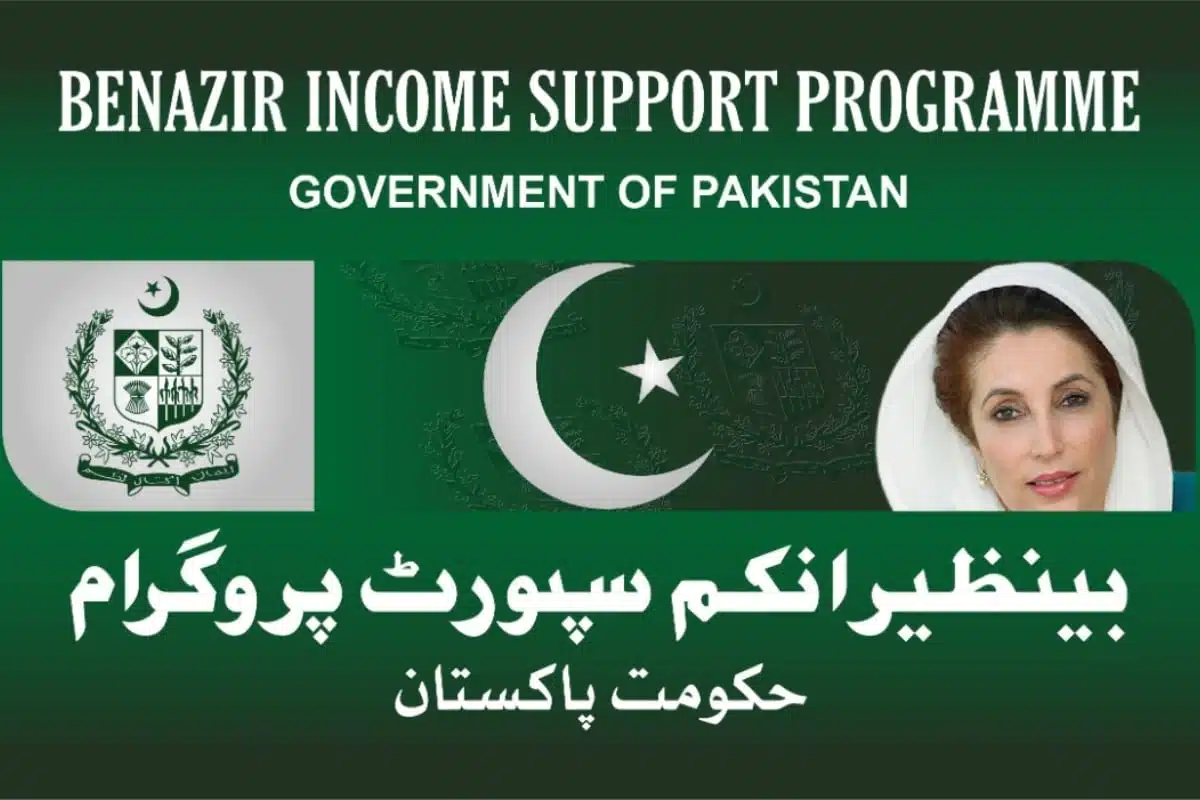Introduction
The global financial system is the backbone of international trade, investment, and economic development. It connects banks, investors, governments, and institutions across borders, enabling capital flow, currency exchange, and market access. For developing countries like Pakistan, understanding this system is crucial for navigating economic growth and stability.
In this article, we’ll explain how the global financial system works, how it influences local economies, and why it matters for every citizen.
What is the Global Financial System?
The global financial system is a network of institutions—including central banks, financial markets, the International Monetary Fund (IMF), the World Bank, and private institutions—that manage and facilitate the flow of money across countries.
Key Components Include:
- Foreign Exchange Markets: Where currencies are traded.
- International Financial Institutions: Like the IMF, World Bank, and Asian Development Bank.
- Global Investment Flows: Cross-border movement of capital for investment and trade.
- International Trade Agreements: WTO rules, bilateral treaties, and free trade zones.
How It Affects Developing Countries Like Pakistan
1. Access to Capital and Investment
Developing nations rely on foreign direct investment (FDI) and loans from international institutions to build infrastructure and create jobs.
- Pakistan receives funding from IMF programs, World Bank projects, and foreign investors, helping support sectors like energy, education, and health.
- However, dependency on foreign aid can create debt pressure and economic vulnerability.
2. Currency Exchange and Trade
A country’s exchange rate plays a vital role in global finance.
- When the Pakistani Rupee (PKR) weakens against the US Dollar, imports become more expensive, increasing inflation.
- Conversely, a weaker PKR makes exports more competitive, boosting industries like textiles and agriculture.
3. Global Crises Impact Local Economies
Events like the 2008 financial crisis, COVID-19 pandemic, and Russia-Ukraine conflict disrupted global markets.
- These crises led to falling remittances, rising oil prices, and foreign investment slowdowns in Pakistan and other developing nations.
4. Monetary Policies of Major Economies
Interest rate decisions by the US Federal Reserve or European Central Bank impact global markets.
- When the US increases interest rates, investors pull out of emerging markets and reinvest in US bonds, causing capital flight and stock market volatility in countries like Pakistan.
Benefits of Participation in the Global Financial System
- Economic Growth
- Access to global finance helps fund large infrastructure projects and create employment.
- Technological Transfer
- International businesses often bring in modern technologies, improving productivity.
- Trade Opportunities
- Global trade helps developing countries export goods and diversify their economies.
- Financial Inclusion
- Fintech and cross-border banking help people in remote areas access financial services.
Risks and Challenges
- Debt Dependency
- Overreliance on loans can create unsustainable debt burdens.
- Currency Volatility
- Sharp movements in exchange rates can harm imports and fuel inflation.
- Unequal Growth
- Not all sectors benefit equally—rural areas may be left behind.
- Capital Flight
- In times of uncertainty, foreign investors may quickly withdraw, destabilizing the local economy.
Pakistan’s Position in the Global Financial System
Pakistan actively participates in the global financial system through:
- IMF & World Bank programs
- CPEC and regional trade with China and Central Asia
- Remittances from overseas Pakistanis
- Foreign portfolio investments in stock and bond markets
To strengthen its position, Pakistan must improve its regulatory environment, ease of doing business, and macroeconomic stability.
How Can Pakistan Benefit More?
✔ Improve Transparency
- Fight corruption and increase trust in public institutions.
✔ Diversify Exports
- Go beyond textiles and explore sectors like IT, pharma, and agriculture tech.
✔ Strengthen Domestic Financial Institutions
- Make local banks more competitive and tech-enabled.
✔ Promote Financial Literacy
- Educate the public on global finance, saving, and smart investing.
Conclusion
The global financial system offers both opportunities and risks for developing economies like Pakistan. By understanding how it works and strengthening domestic economic policies, Pakistan can maximize the benefits of global integration while managing potential vulnerabilities.
From currency exchange to foreign investment, every aspect of global finance influences local lives—and the better we understand it, the stronger and more resilient our economy becomes.







